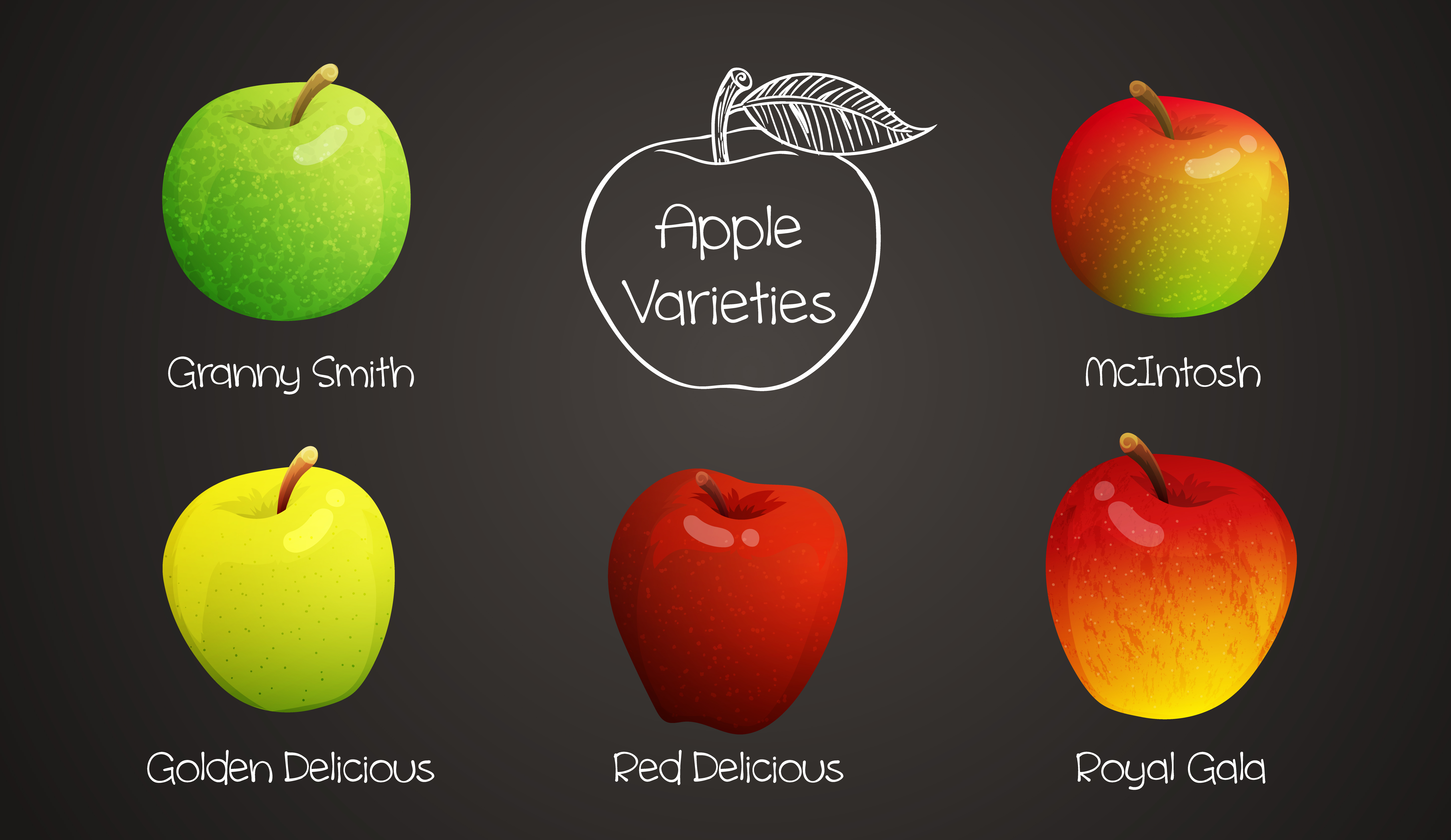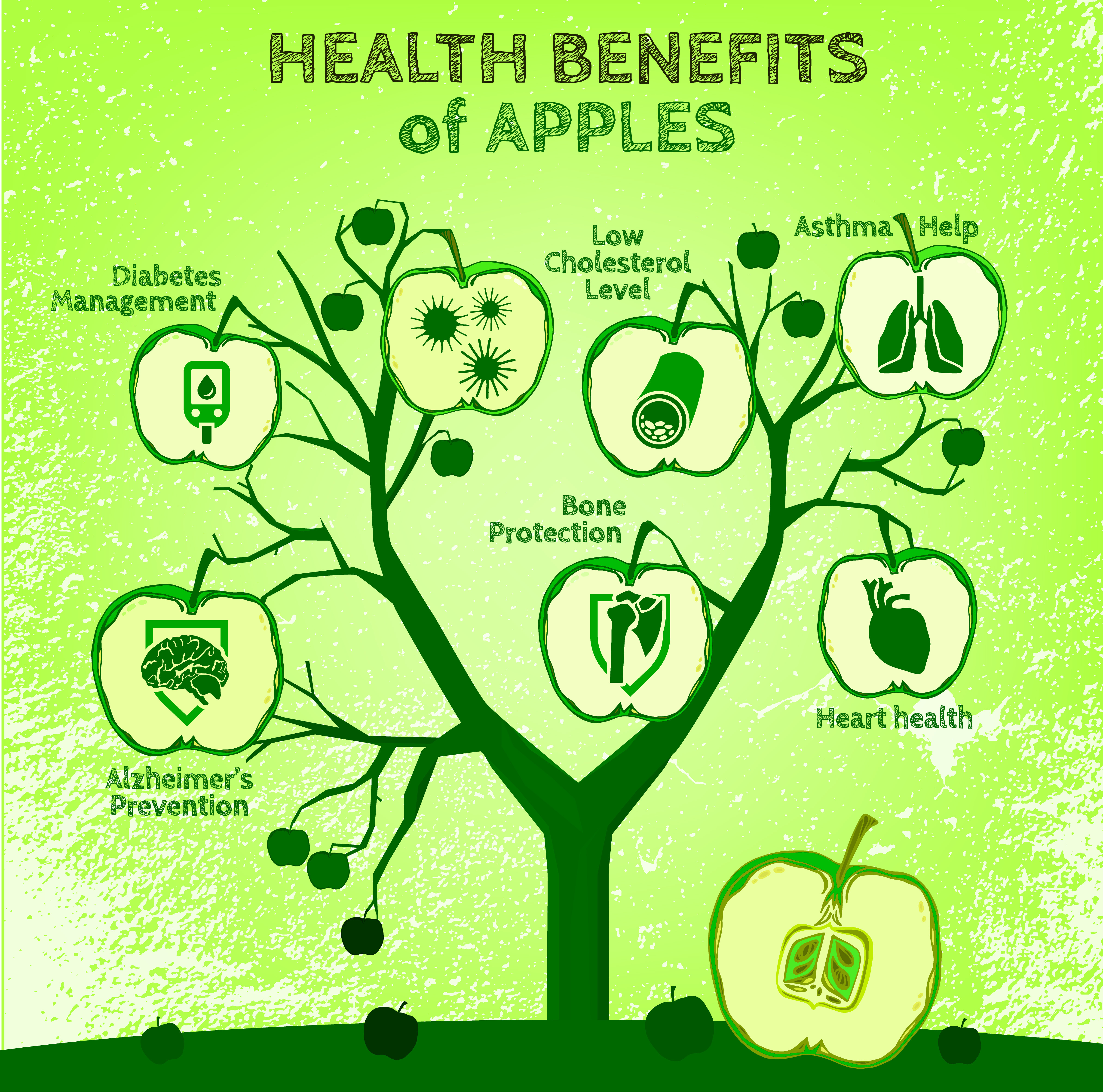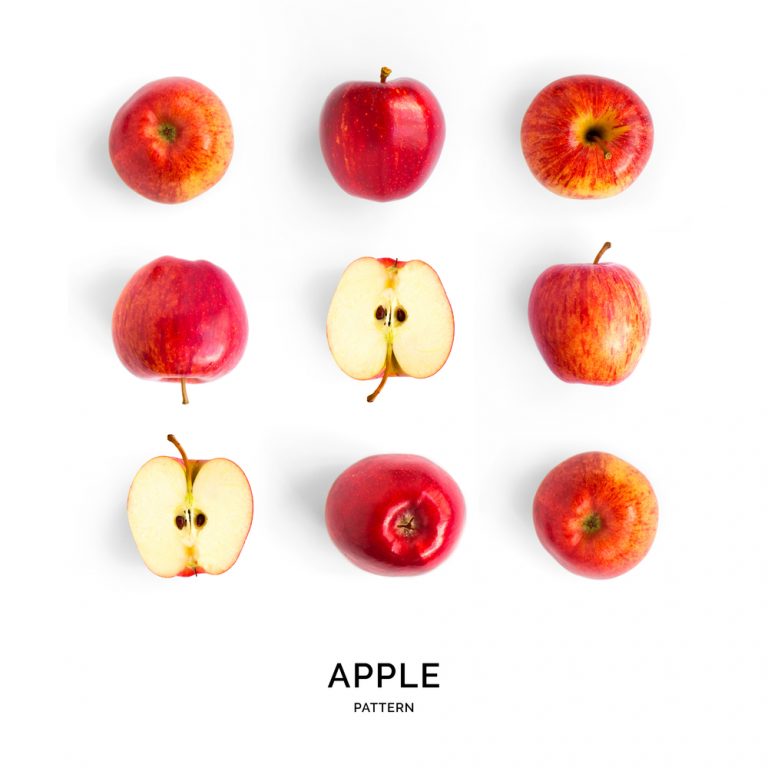Apples and their healing properties were already known around 6500 B.C. in the region between the Black Sea and the Caspian Sea, where they come from. These fruits rich in numerous vitamins were also a delicacy of the ancient Romans and Greeks. The nutritional value of apples is not uniform and depends on the variety, whether they are more or less ripe, even on their size.
Basics uses
In natural medicine, cooked, grated apples are used for diarrhoea in children, and indigestion and peptic ulcer disease in adults. Tea from apple peels is an excellent rinse for inflammation of the mouth and throat. In turn, homemade apple cider vinegar, drunk daily in a ratio of 2 teaspoons of vinegar mixed with 2 teaspoons of honey and 1/2 cup of boiled water, replenishes potassium in the body, inhibits the development of infection and improves digestion.
Apples can prevent colon cancer
Thanks to the fibre content, apples regulate bowel function, protecting against constipation and other bowel diseases, including colorectal cancer. The risk of developing this cancer may also be reduced by the flavonoids contained in them.
One apple a day keeps the doctor away.
Research shows that people who eat larger amounts of apples are 50 per cent less likely to develop colorectal cancer. However, you must remember to eat these fruits with the skin, because it is in it that most valuable flavonoids are found - five times more than in the flesh.

Why is it worth eating apples?
Apples prevent atherosclerosis and protect against heart attack
Thanks to the fibre content, apples reduce cholesterol absorption, and thus effectively prevent atherosclerosis and protect against heart attack.
Researchers at the University of Oxford have calculated that if every person over 50 (the age group most at risk of cardiovascular disease) ate an apple every day, only in the UK could thousands of deaths from heart attacks and stroke be avoided every year. Researchers say that apples improve the condition of the heart and blood vessels in much the same way as medications - for example, statins - have no side effects. If 7 out of every 10 people over fifty received statins or ate an apple, 9400 (statins) or 8,500 (apples) people could avoid death every year. 302262 Data on which Oxford scientists base their calculations comes from studies involving hundreds of thousands of patients.
Not only a significant amount of fibre accumulates under the skin, but also almost half of the vitamin C content. This is another reason why you should eat raw, unpeeled apples. It is worth knowing that ripe apples growing on the sunny side of the tree are the richest in vitamin C. Interestingly, small apples contain much more vitamin C than large specimens. The more acidic the apple variety, the more vitamin C they contain. And the longer we heat-treat it, the greater its loss.
Apples and diabetes
The glycemic index of apples is low (<50) and is 38, therefore people with diabetes can consume them without fear of health (but in moderate amounts!). There are several other reasons why diabetics should include apples in their diet. The fibre in apples helps regulate blood sugar levels. In addition, Apple is a source of quercetin, which can prevent the appearance of cataracts in people with diabetes. However, it should be noted that only raw apples have a beneficial effect, but not preparations based on them. This applies especially to apple juice, which is contraindicated.

Apples support the brain
Animal studies have shown that apples can protect the brain from cell damage that affects memory loss. Based on other studies in mice, concentrated apple juice added to animal feed prevents oxidation of brain tissue components and impairment of cognitive performance.
Eating an apple is NOT a substitute for brushing your teeth! This fruit contains acids that create ideal conditions for the development of caries.
Apples and slimming. How many calories do apples have?
Apples are irreplaceable in slimming treatments - they are valued by women who care about the line because they are satiating and provide relatively few calories. However, apples cannot be eaten with impunity, because they contain a lot of sugar. If we eat more, we may have a problem losing weight. It is worth knowing that one medium apple with the skin has about 50 kcal.






